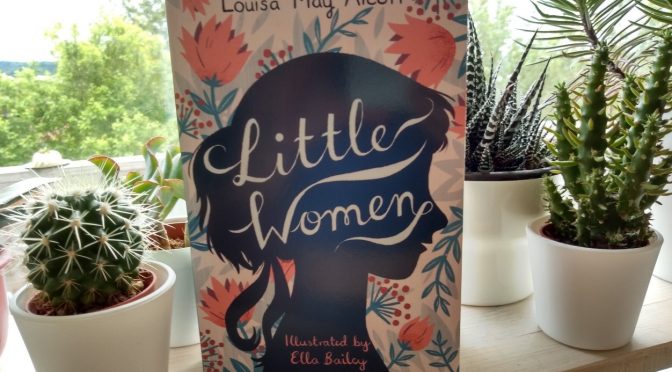I am a 20-year-old woman and, until a couple years ago, I’d never been confronted with real- life inequality. And of course, in school I’d learnt a whole lot about problems like racism, gender inequality or lack of human rights. But I’d never witnessed anything that comes near those things. I’d never experienced different treatment because I’m a girl. And so, for a long time, I was convinced that, nowadays, people understood that every human being, no matter what gender, religion, skin color or origin they have, is equal. I thought that, after all we’ve learnt about slavery, oppression, and all the awful things that happened in the past, people would be smarter. Or at least more reflected.
Before I decided to write this article, I wasn’t a – trigger warning – Feminist. I was in fact annoyed of girls who called themselves Feminists because I didn’t understand what that was supposed to mean. I thought: “Why do I have to hate men just because I am a woman? Why should I stand up for one side, if that side is just as wrong and discriminatory as the other side?” I love shoes and lip gloss and dresses, but also sports and I like hanging out with my boys and girls on the weekend. So I couldn’t be a Feminist – I’m way too liberal for that, aren’t I? And I’m way too girly for that, right? Well, I started my research for this article by looking up the definition of the term “Feminism”: apparently, Feminism is ‘the belief in social, economic and political equality of the sexes.’ I was confused. That was exactly what I want and what I believe in. Such a reasonable attitude and movement! So how could I end up with such a bad opinion on Feminism?
Has “Feminism” become a swearword?
It turned out I wasn’t the only one associating ‘Feminism’ with negative terms like ‘man- hating’ and ‘reversed discrimination’. Way too many people have this dangerous half- knowledge or simply don’t see how ‘Feminism’ should fit into its definition. A male Anti- Feminist said: “There are way too many different shapes of feminism nowadays. It’s not simply about gender equality anymore, it’s also a distorted self-image of women who exploit the role of a victim”. Now I was angry. I couldn’t understand in what way women should be exploiting oppression. I felt furious – how could he, as a man, dare to talk so negatively about something he’d never had to experience? To get less respect, just because of his gender. I mean, my life had been cozy, too, but at least I was willing to get informed, right?
Wait, so men have feelings, too?
So I had a look at the statistics he mentioned and was shocked. For instance, in India, male suicide rates are nearly twice as high as rates for women. That’s because not only women suffer under gender prejudices. Maybe women are expected to be housewives and mothers, look pretty and shut up, to not take part in politics and economics and not have a real job or a career. On the other hand, many men feel they always have to be strong and successful; they have to be insensitive cavemen who earn the money and take care of their women and children. So men around the world are under this enormous pressure to never feel overwhelmed or sad, but to be ‘the man’ in the house.
Do we need new names?
The word ‘Feminism’ only contains reference to women. That’s because it used to be a movement to secure that women get to have the same rights as men, e.g. to vote or to work. And maybe in the past that reference to only women, to clarify that women are equal to men, was necessary – and easily understandable. But not anymore. There’s still a long way to go, there still are women who can’t decide for themselves and don’t have the rights we might enjoy in Germany. And for those women, we still have to fight. But while we fight for women’s equal rights in other cultures, we should not forget that feminism also means that men have the same rights as women. It’s not a shame to be vulnerable or shopping-addicted just because you’re a man. And it certainly doesn’t make you less manly. Just like women don’t want to be called less feminine because they’re athletic, men probably don’t want to have to prove their ‘masculinity’ all the time. And men should be allowed to get the same time for paternity leave as women get for maternity leave. Because – guess what – men love their children the same way women do. They deserve to spend the same amount of time with their kids as mothers do. So, yeah, I guess I am a Feminist after all. I believe in equality as well as I believe in individualism. In the future, Feminists of all genders will hopefully fight for men’s rights as well as for women’s rights. We can only hope that people stop valuing each other differently, just because of their gender. I hope that people once again start to work on their understanding of humanity and see that no one is worth less, because of their individual traits, be it gender, home country, religion or god knows what.
author: Kati Habisov

